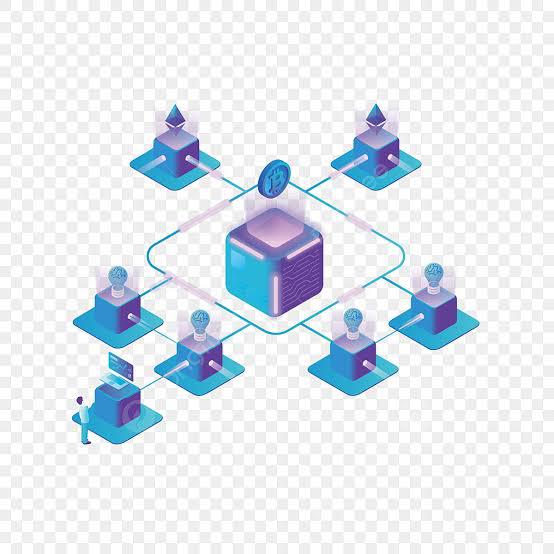Blockchain Technology
Quite a few voices are calling blockchain technology the greatest revolution since the advent of the Internet, with far reaching application in banking, insurance, and government.
It is recognized that any technology impacting these sectors will inevitably impact professional engineering. It is important to understand the practical opportunities, implications, and perils of what amounts to the reliance on software to execute administrative decisions.
Today, institutions interact with each other as a collection of proprietary databases that can communicate only with some form of human interface or bureaucracy. Blockchains (the technology behind bitcoin and other digital currencies) would permit multiple parties to share a single database with no central authority where access and controls are managed with software.
Blockchains are very difficult to tamper with once information is registered. Any number of use cases in accounting, economics, finance, insurance, contracting, and intellectual property can be imagined.
Network Engineering
A network engineer is a technology professional who is highly skilled in maintaining the connectivity of networks in terms of data, voice, calls, videos, and wireless network services.
Network engineers are also referred to as network architects. Field Engineer’s network engineering definition includes being accountable for formulating, implementing, and executing the entirety of computer networks within an organization.
Network engineers ensure all network systems are functioning properly and their fundamental goal is to provide maximum network infrastructure, security, and performance to the end users.
Depending on an organization’s requirement or network complexity, the organization will sometimes have global network engineers in different countries who take care of technological advancements throughout the firm. This international web of engineers proves cost-effective for an organization while also meeting the needs of users and the business.
How Blockchain helps Network Engineers:
Blockchain will certainly transform the way network engineers operate. For example, let’s say that you have a standard packet capture file that has been generated by a network analysis tool like Wireshark. Imagine a situation where the server, application, or computer that you are using to read or write the PCAP (application programming interface) has been compromised, but you are not aware of it. Your analysis of the traffic will be flawed if the file is missing data, or someone has tampered with the file, or the file is simply corrupted.
The point to be noted here is that, if the network engineer can’t trust the data generated, the head of IT or operations will not be able to trust the subsequent analysis. This is where blockchain comes to the rescue.Another area in which blockchain can benefit network engineers is ethernet networking technology. Currently, this technology is said to be insecure and hard to manage. Researchers are of the opinion that a blockchain approach to this would certainly help.
Engineers are of the opinion that Ethernet is flawed, out-of-date, centralized, and needs revamping.One way to address this issue would be the Marconi protocol. It is a strategy used to shift network and packet management to a decentralized, smart contract-based system. Smart contracts refer to self-executing contracts that can be tracked and verified. They are self-enforcing and are performed through encrypted blockchains.
About The Writer:
Emmanuel Alamu, Africa’s foremost Network Engineering Expert is a member of the Internet Society (ISOC) International and Nigeria.
He is the Chief executive officer of NetEng Solutions, a network and internet solution providing company in Lagos, Nigeria. Emmanuel is an active volunteer at the Internet Society Global Volunteer Training Program on Community Networks.
He is the president of The Emmanuel Alamu Network Academy (TEANA) where he has trained and certified hundreds of young people to become network engineers.
